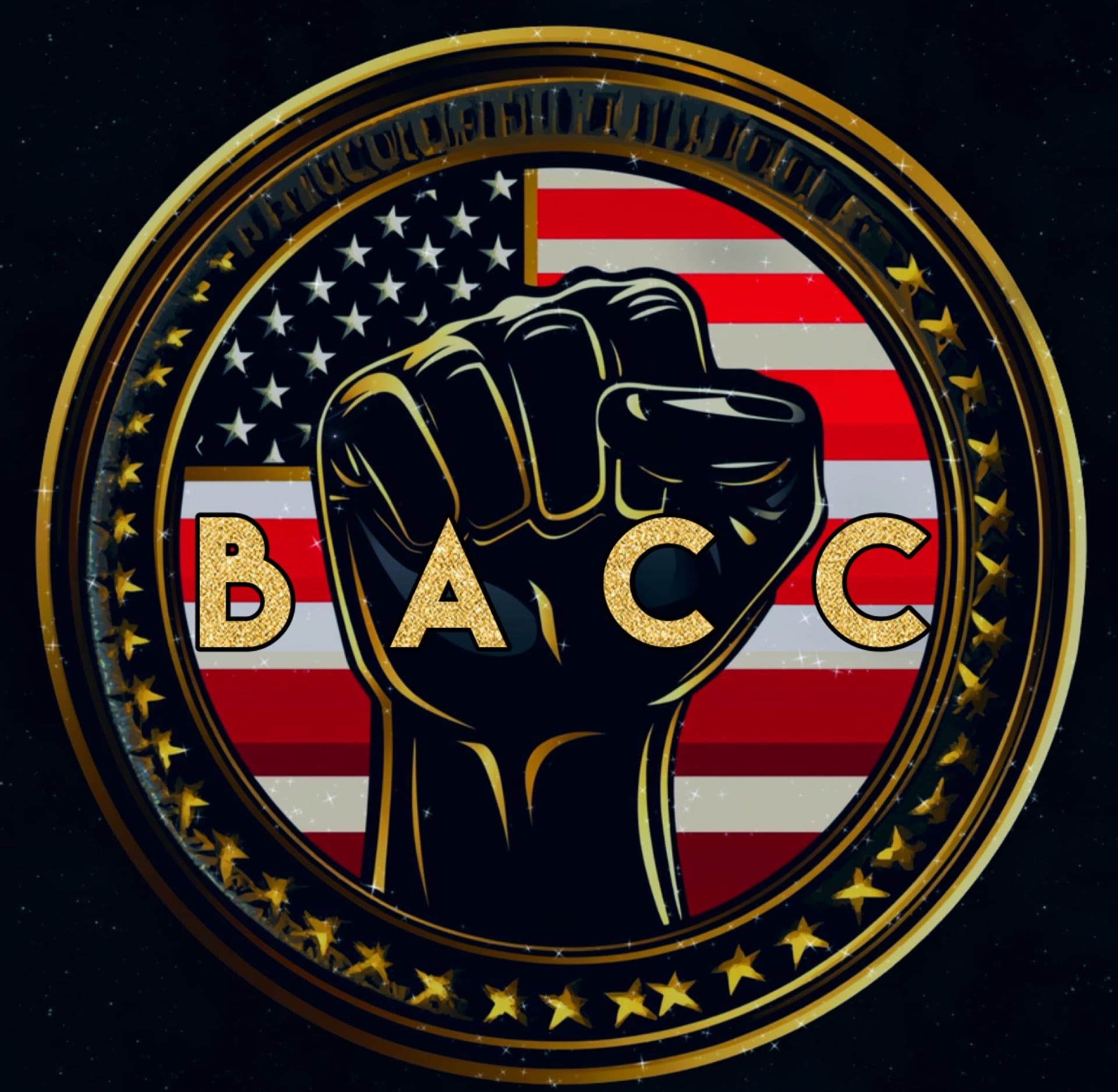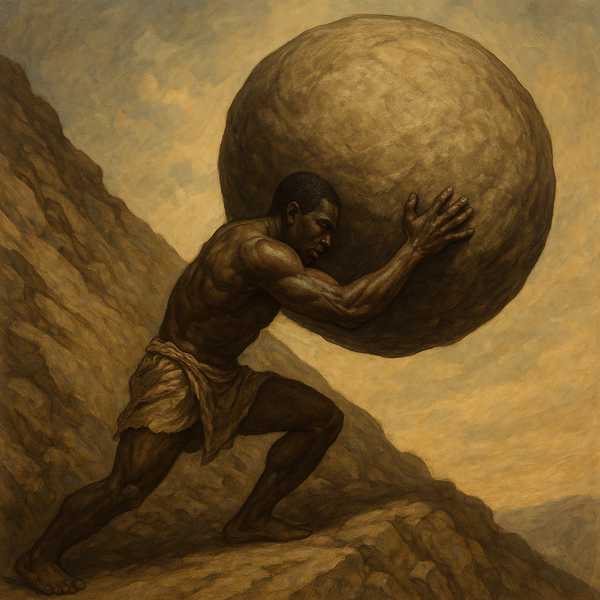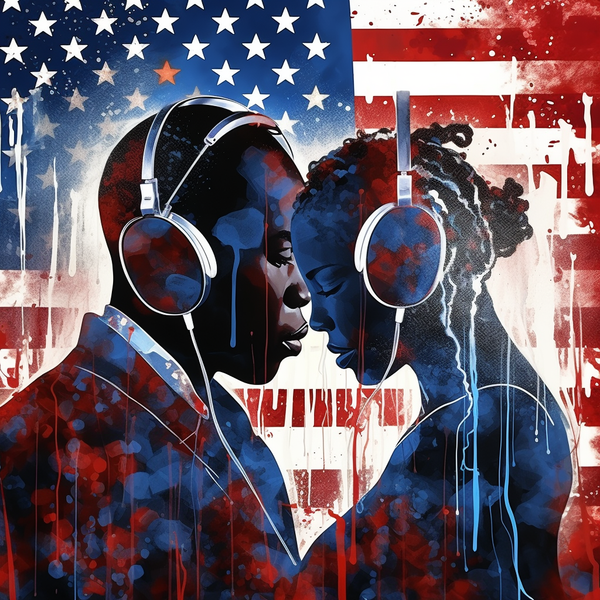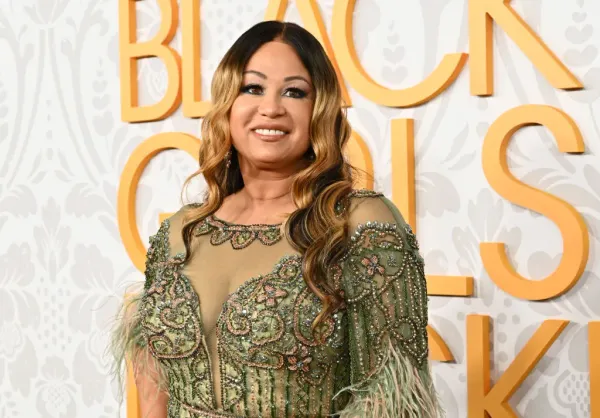Juneteenth: The True Independence Day
Juneteenth: June 19, 1865 — the day the last enslaved Black people in the United States were officially told they were free.
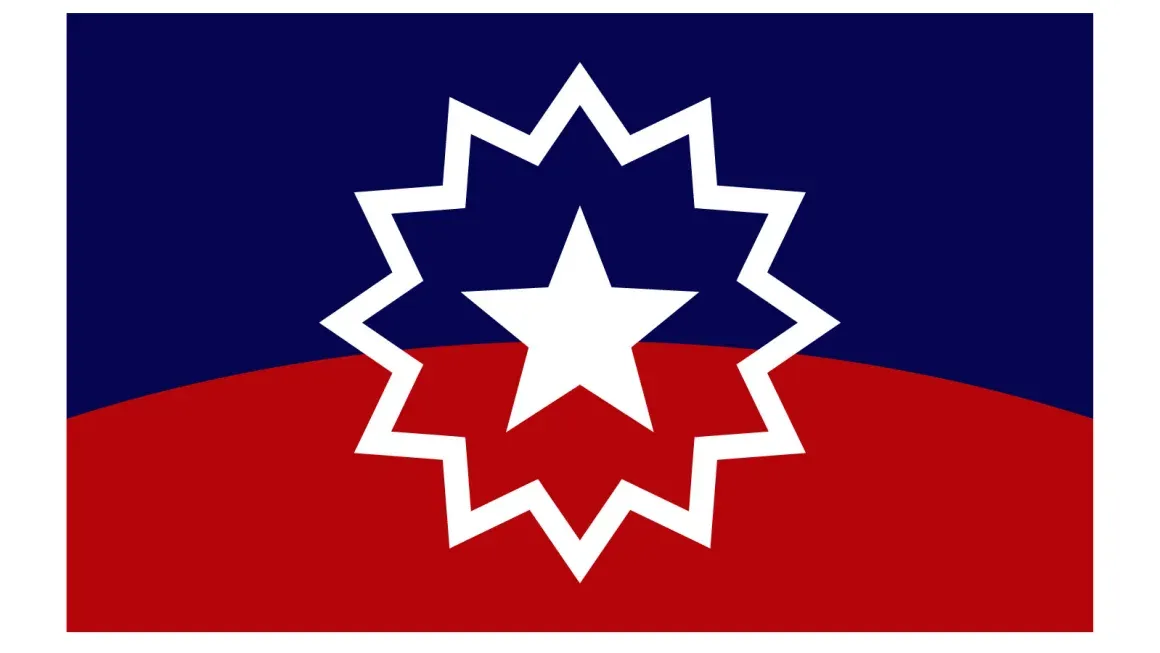
Honoring Freedom, Resilience, and the Ongoing Fight for Justice
When Americans think of freedom, July 4th is the date that often comes to mind — fireworks, flags, and the birth of a nation. But for millions of Black Americans, true independence didn’t come until much later. That moment is marked by Juneteenth: June 19, 1865 — the day the last enslaved Black people in the United States were officially told they were free.
What Is Juneteenth?
Juneteenth, a blend of "June" and "nineteenth," commemorates the day Union General Gordon Granger arrived in Galveston, Texas, and announced General Order No. 3, proclaiming the freedom of all enslaved people in the state. This was over two years after President Abraham Lincoln had signed the Emancipation Proclamation on January 1, 1863.
“The people of Texas are informed that, in accordance with a proclamation from the Executive of the United States, all slaves are free.” — General Order No. 3
Why the delay? Texas, geographically isolated and sparsely monitored during the Civil War, became a final stronghold of slavery. It wasn’t until federal troops arrived that emancipation became a reality for the estimated 250,000 enslaved people still held there.
Why Juneteenth Matters
Juneteenth is America's second Independence Day — a recognition that freedom and justice were not granted equally or instantly to all. It is a day to:
- Honor Black freedom and resilience
- Celebrate Black American culture and history
- Acknowledge the long delay of justice
- Recognize the continued struggle against systemic racism
A Tradition of Celebration
From the beginning, Juneteenth has been marked by joy, reflection, and community. Freed people began organizing annual celebrations as early as 1866, often in rural areas, parks, or church grounds, because of segregation. Traditional festivities include:
- Barbecues and potlucks
- Parades, music, and dancing
- Readings of the Emancipation Proclamation
- Education events, storytelling, and church services
Red foods and drinks like strawberry soda and red velvet cake are common — the color red symbolizes the bloodshed and resilience of the enslaved.
From Local Holiday to National Recognition
Juneteenth was celebrated mostly in Black communities for over a century before wider America took notice. In recent decades, grassroots organizers, educators, and activists worked to bring the day into national consciousness.
- Texas was the first state to make Juneteenth an official holiday in 1980.
- By 2020, most U.S. states recognized it in some form.
- On June 17, 2021, President Joe Biden signed Juneteenth into federal law as a U.S. holiday.
Why Juneteenth Still Resonates
Despite its new federal status, Juneteenth is not just a celebration — it’s a reminder. It speaks to the unfinished business of freedom in America. Enslavement may have ended, but its legacy endures in racial disparities in wealth, healthcare, education, policing, and the criminal justice system.
Juneteenth challenges us to ask:
- What does freedom truly mean?
- Who has access to it?
- What work remains?
How to Honor Juneteenth Today
Whether you're new to Juneteenth or have celebrated it your entire life, here are meaningful ways to observe it:
- Learn Black history beyond slavery — study contributions in science, arts, politics, and activism.
- Support Black-owned businesses.
- Participate in community events: parades, festivals, or educational forums.
- Talk about systemic racism and equity with your family, workplace, or school.
- Reflect on your role in creating a more just society.
Juneteenth Isn't for Everyone
Juneteenth is rooted in Black history, its message of delayed justice and freedom fulfilled is deeply American. It reminds us that liberty is not a one-time achievement, but a collective and ongoing pursuit.
On June 19th, we don’t just look back. We look forward — honoring the struggle, celebrating the progress, and recommitting ourselves to freedom and dignity for all.
